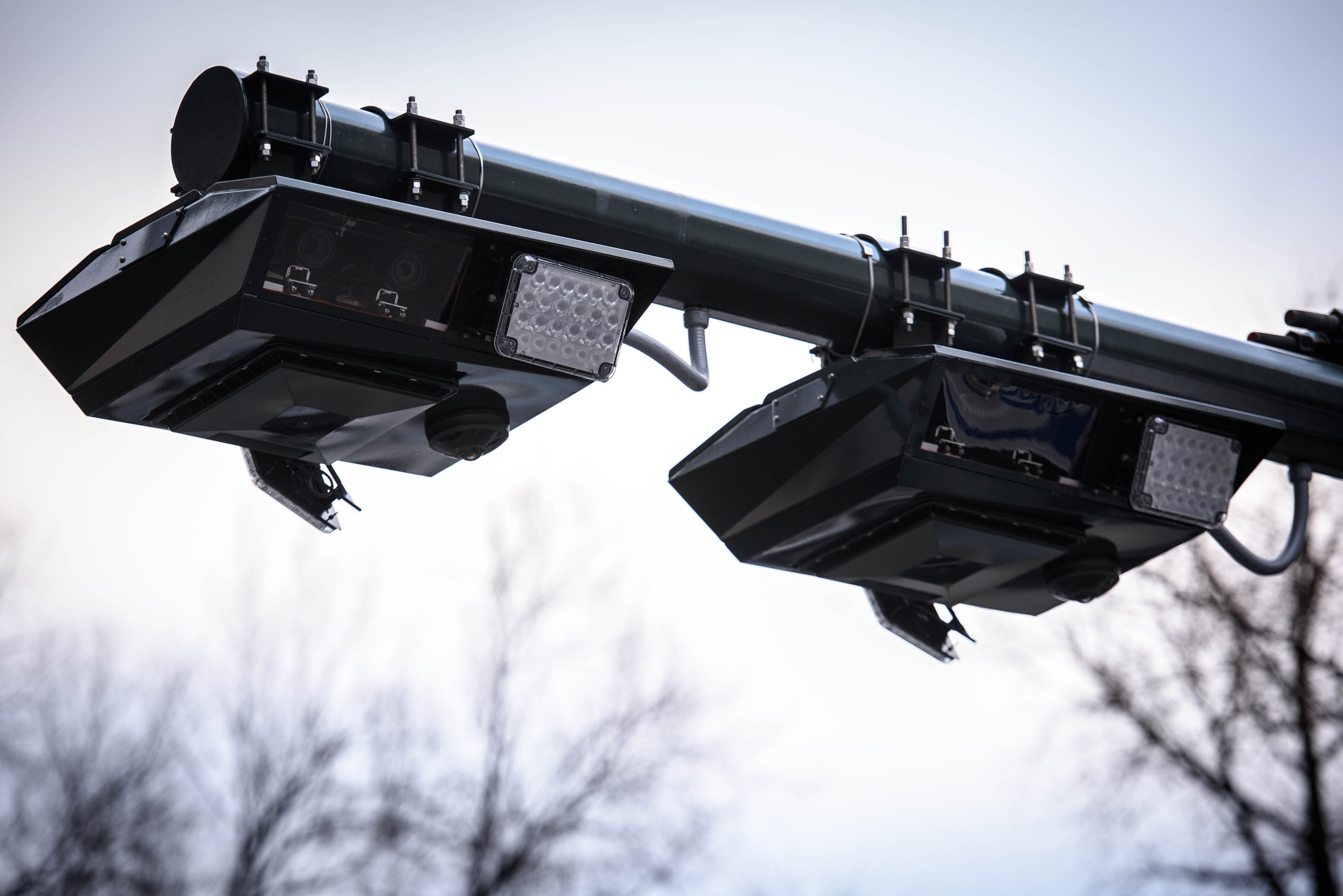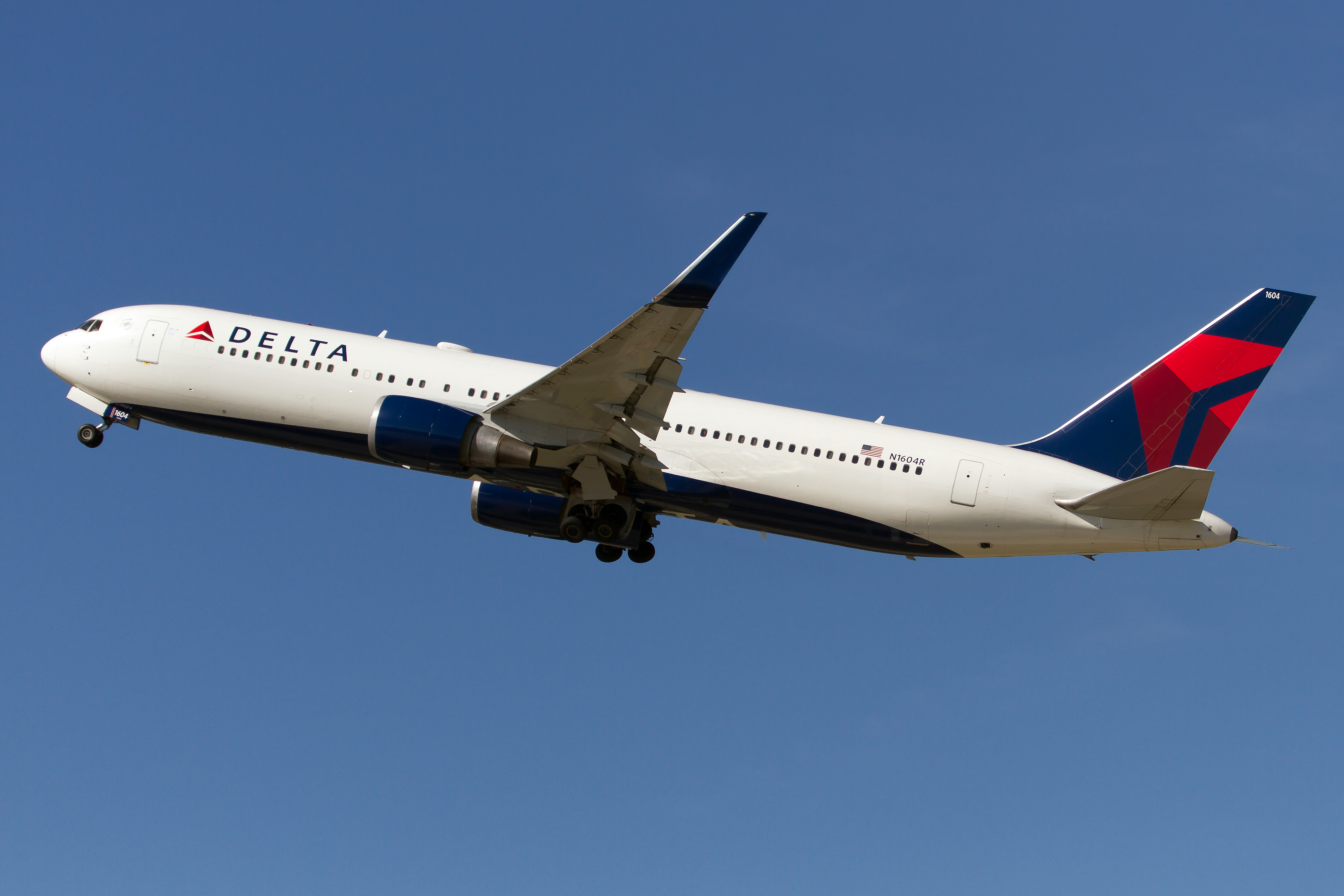Longer school days? Classes on Saturdays — and during the summer? Changing how students learn how to read? The city’s new schools chancellor said he is looking to shake up the system in order to get better results.
In an exclusive interview with NBC New York, David Banks said that everything is on the table, including some unorthodox methods, in order to improve the city’s public schools.
“A longer school day, coming to school on Saturdays and summertime, has been absolutely critical,” Banks said of the programs that have been instituted at his Eagle Academy Network of schools. “We’ve got to use the summer! We’ve got to use Saturdays! We’re behind!”
And while he understands there may be some objections to his proposals, particularly from the powerful teachers union, he said change is necessary in order to best serve the students.
Get Tri-state area news and weather forecasts to your inbox. Sign up for NBC New York newsletters.
“Teachers very often may say ‘I don’t want to work on Saturday, I don’t want to work all year long.’ But if we continue to do things the way we’ve been doing them? We’ll continue to get the same results,” said Banks.
He also added that if the teachers don’t want to work the additional hours on Saturdays or over the summer, he’ll bring in community groups to fill the void. All is part of his plan to break the mold when it comes to education.
Banks noted that students should not be limited to only working with teachers in their own school building. He said that one positive takeaway from the pandemic may be how technology can be used to facilitate and expand the boundaries of the classroom, adding that “the city should be the classroom.”
“You can have access to the best teachers around the world, it shouldn’t be limited to just the teacher that’s in their classroom,” Banks said at a press conference Thursday.
News
“Imagine a great science teacher who’s on the other side of town. And yet the young people who go to this school may not have a great science teacher. We can use technology and innovation to see, how do we connect the dots?”
But those are not the only changes the incoming Eric Adams administration may be looking to bring to city schools. Corporate responsibility could soon be added to the Department of Education's core pillars like reading and writing.
The incoming chancellor said that he wants to engage the private sector in public schools, touting the success his Eagle Academy Network of schools has had pulling in private money and mentors.
It was unclear if he would push the city to make it a voluntary program or a required one, similar to how the Bill de Blasio administration required real estate developers to build affordable housing in exchange for zoning accommodations. But a partnership between companies and public schools is going to be at the forefront of the administration’s education policies.
“That is going to be our North Star,” Banks said. “I don’t think the clarion call has ever gone out for them to be more involved in the lives of public school students, and that call is going to go out under our administration.”
The longtime educator said that the mentorship program in particular is something he could see working citywide.
“The young men at Eagle have mentors and these are men who are lawyers, doctors, bankers and architects … we can scale that across the city,” he told News 4. “You may not be able to do that for every single child, but at every single school there are young people who are screaming out for additional help. They may not have a dad at home.”
Adams said Thursday that 65 percent of Black and brown children in the city never reach reading proficiency “and we act like that’s normal” — adding that if white children were in that situation, parents would “burn the city down.” In an effort to improve that, Banks told NBC New York that he plans to change how children are taught to read, believing that the current approach is “fundamentally wrong.”
Part of Banks’ plan would involve retraining early childhood teachers to emphasize phonics and sounding out the words, rather than the method of “balanced literacy,” which he said has been used in NYC schools over the past 25 years. He said that approach has not worked, especially for Black and brown children.
“I know how I learned to read was through a phonetical approach to reading and I think we’re going to look to get back to that,” Banks said. “Because if you don’t establish a strong foundation, everything you do, you’re just fighting an uphill battle.”
While he said he would like to implement the changes “as fast as we can,” Banks acknowledged that they will take some time and won’t “happen overnight.”
In the meantime, some have suggested one solution would be to open more charter schools. Former NYC mayor Michale Bloomberg last week pledged $750 million to support charters across the country, but as of now the city is maxed out on opening new charter schools, unless the state votes to lift its cap. But Banks knows “it’s a very political question” to raise the limit, even if it is what he would want to do.
“We want to scale excellence, so if that means opening a few more charter schools, that’s what we’re going to do,” he said. “If we can get the state to approve it.”
He also hopes that Bloomberg and others like him will get behind his vision for the future of New York City public schools.
“I’m encouraging Mayor Bloomberg, the philanthropic community, CEOs of major companies, to lean in on the traditional public school system,” said Banks. “Because at the end of the day, most of our children will continue to go to our traditional public schools.”



